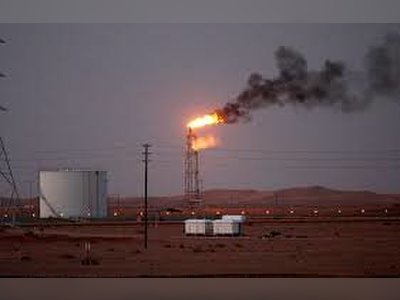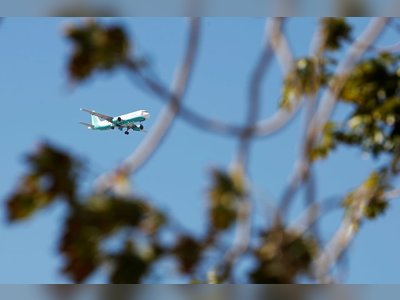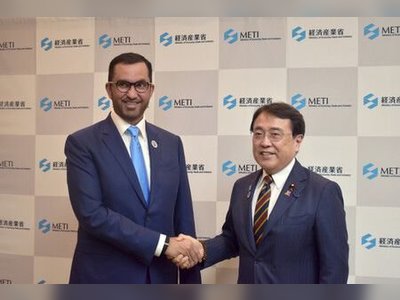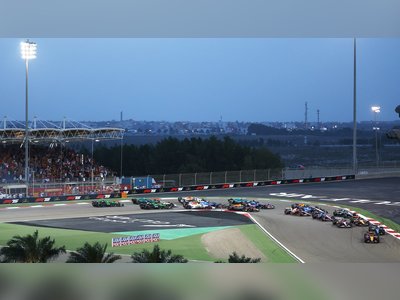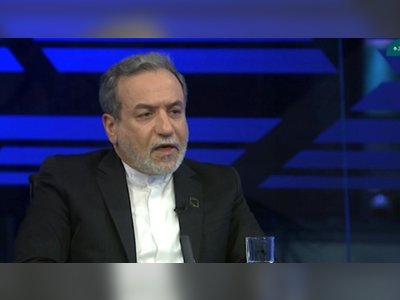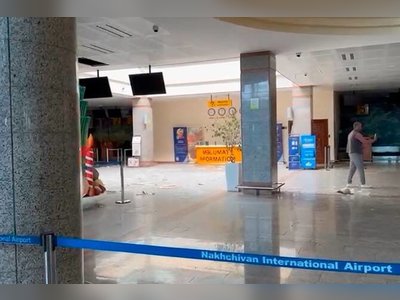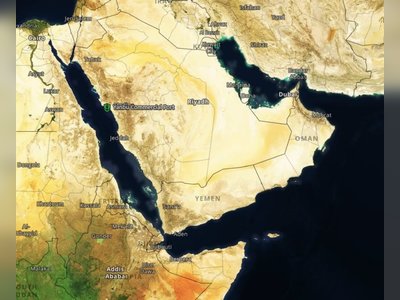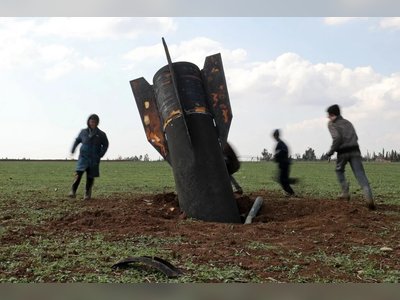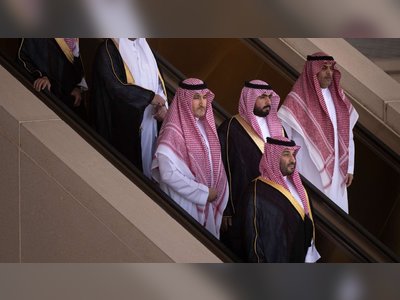Escalating Tensions at Lebanon-Israel Border: Allegations of White Phosphorus Use and Humanitarian Crisis Amid Rising Violence
Hezbollah dismisses truce amid rising Lebanon-Israel tensions as accusations of white phosphorus use emerge.
Amid rising tensions at the Lebanon-Israel border, Hezbollah's media official, Mohammed Afif, has reaffirmed the group's strong ties with the Lebanese army, dismissing any official proposals for a truce. Meanwhile, Israel's new military tactics in dealing with the border confrontations have drawn significant attention.
Adding to the growing concerns, Lebanese researcher Ahmad Baydoun is documenting alleged use of white phosphorus by Israeli forces in southern Lebanon, emphasizing its detrimental environmental and health impacts. His findings come as violence escalates between Israel and Hezbollah.
Across the border, the humanitarian crisis in Gaza is also dire, with Palestinian mother Itimad Al-Qanou fighting to feed her children amidst the devastation of Israeli airstrikes. As global experts decry the insufficient aid deliveries to alleviate looming famine, the ongoing conflict mirrors the historical displacements of 1948.
In Lebanon’s Akkar region, an Israeli airstrike specifically targeting Hezbollah resulted in at least eight fatalities, highlighting the ongoing conflict that has claimed over 3,240 lives since last year. This intensifying violence continues to underscore the high-stakes geopolitical landscape in the region.
Shifting our focus to India, a fast-track trial has begun in Kolkata for Sanjay Roy, accused of the tragic rape and murder of a doctor, igniting renewed calls for improved women's safety. The case has spurred arrests for evidence tampering, drawing national attention to systemic issues of justice.
Meanwhile, in the United States, President-elect Donald Trump is swiftly advancing his transition with new appointments, including nominating Elise Stefanik as UN ambassador. While her appointment aligns with Trump’s Israel-supportive stance amid Middle Eastern conflicts, it also underlines his broader policy goals.
Adding to the growing concerns, Lebanese researcher Ahmad Baydoun is documenting alleged use of white phosphorus by Israeli forces in southern Lebanon, emphasizing its detrimental environmental and health impacts. His findings come as violence escalates between Israel and Hezbollah.
Across the border, the humanitarian crisis in Gaza is also dire, with Palestinian mother Itimad Al-Qanou fighting to feed her children amidst the devastation of Israeli airstrikes. As global experts decry the insufficient aid deliveries to alleviate looming famine, the ongoing conflict mirrors the historical displacements of 1948.
In Lebanon’s Akkar region, an Israeli airstrike specifically targeting Hezbollah resulted in at least eight fatalities, highlighting the ongoing conflict that has claimed over 3,240 lives since last year. This intensifying violence continues to underscore the high-stakes geopolitical landscape in the region.
Shifting our focus to India, a fast-track trial has begun in Kolkata for Sanjay Roy, accused of the tragic rape and murder of a doctor, igniting renewed calls for improved women's safety. The case has spurred arrests for evidence tampering, drawing national attention to systemic issues of justice.
Meanwhile, in the United States, President-elect Donald Trump is swiftly advancing his transition with new appointments, including nominating Elise Stefanik as UN ambassador. While her appointment aligns with Trump’s Israel-supportive stance amid Middle Eastern conflicts, it also underlines his broader policy goals.
